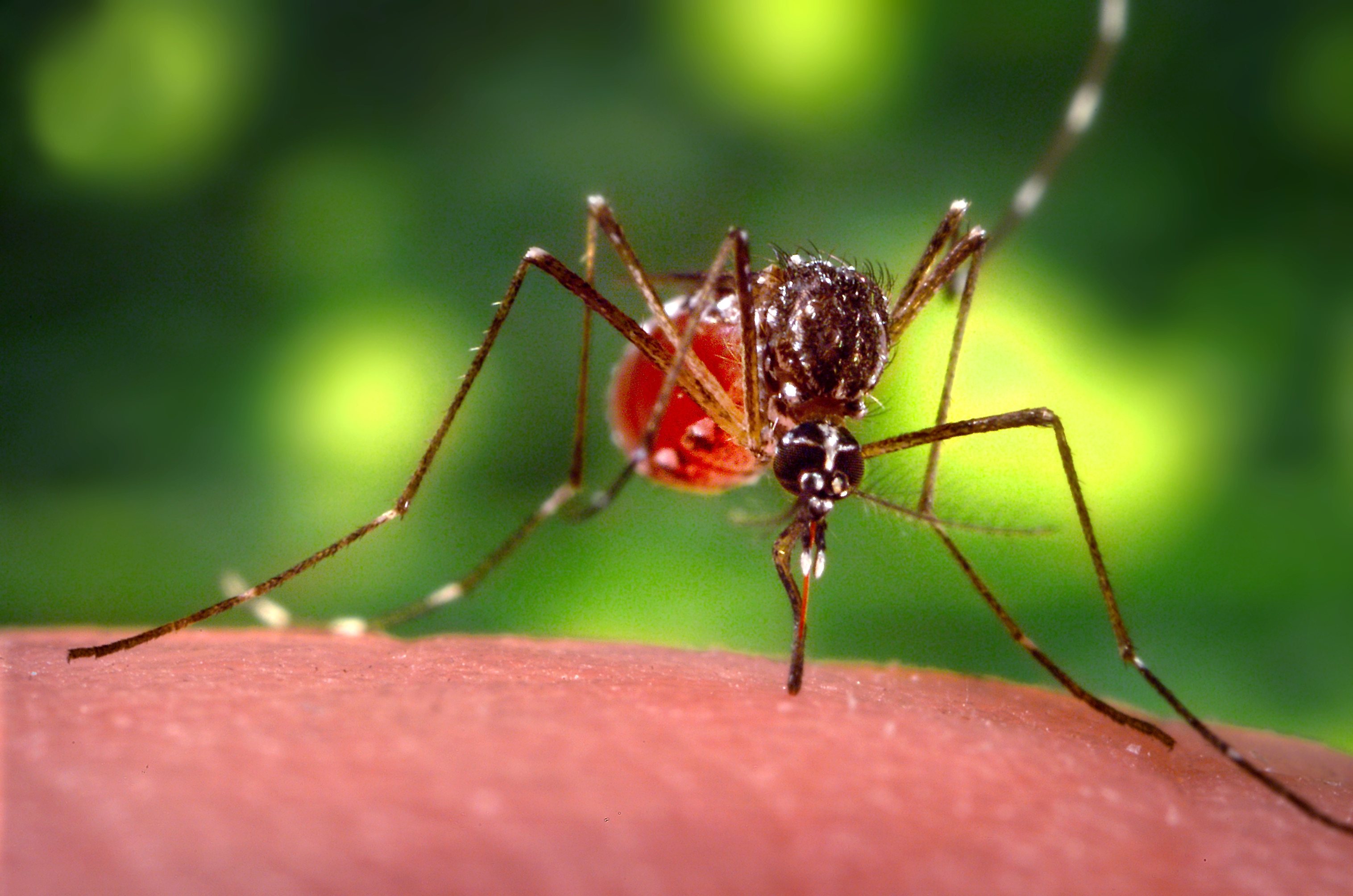Zika Virus Does Cause Microcephaly, Report Confirms

The Zika virus can cause microcephaly — a condition in which an infant has an abnormally small brain and head — when the infant's mother is infected during pregnancy, according to a new report, published today (April 13) in the New England Journal of Medicine.
The report from researchers at the Centers for Disease Control and Prevention (CDC) concluded that if a woman is infected with Zika during pregnancy, the result can indeed be microcephaly and other congenital problems in the babies of those women. Researchers had strongly suspected that a link existed, but they needed sufficient evidence to definitively establish that there is a direct, cause-and-effect relationship between the virus and microcephaly — not just an association between the two.
"It is now clear that the [Zika] virus causes microcephaly," Dr. Tom Frieden, the director of the CDC, said in a statement. [Zika Virus News: Complete Coverage of The Outbreak]
In the report, the researchers reviewed the existing evidence that links Zika infections during pregnancy to microcephaly, and they applied established scientific criteria to determine if the virus is the reason for the problems.
In the report, the researchers noted that there was no "smoking gun," or single study that definitively showed that Zika causes microcephaly. Rather, the confirmation of cause and effect comes from considering several lines of evidence as a whole. Each line suggests — but does not prove when considered separately — that Zika infection during pregnancy can cause adverse outcomes, the researchers wrote.
For example, some research showed that babies who were born with microcephaly and other brain problems were strongly suspected, or were confirmed to have been infected, with Zika virus at the time of their birth, the researchers wrote. In addition, other evidence demonstrated a biological mechanism that could explain how the virus might cause microcephaly in fetuses. And other work identified the presence of the virus in the brain tissue of affected fetuses and infants, according to the report.
More evidence came from studies that lined up the specific times during pregnancy that women became infected, with the exact problems that were seen in their infants, the researchers wrote. [The 9 Deadliest Viruses on Earth]
Sign up for the Live Science daily newsletter now
Get the world’s most fascinating discoveries delivered straight to your inbox.
These findings mean that a woman who is infected with Zika during pregnancy has an increased risk of having a baby with microcephaly and other brain defects, according to a statement from the CDC. However, not all women who are infected with Zika will have babies with these problems, the statement noted.
More research is needed to determine the spectrum of problems that the virus can cause in fetuses whose mothers are infected during pregnancy, as well as how the timing of when during a pregnancy a woman is infected may affect the fetus, the researchers wrote.
Follow Sara G. Miller on Twitter @SaraGMiller. Follow Live Science @livescience, Facebook & Google+. Originally published on Live Science.










